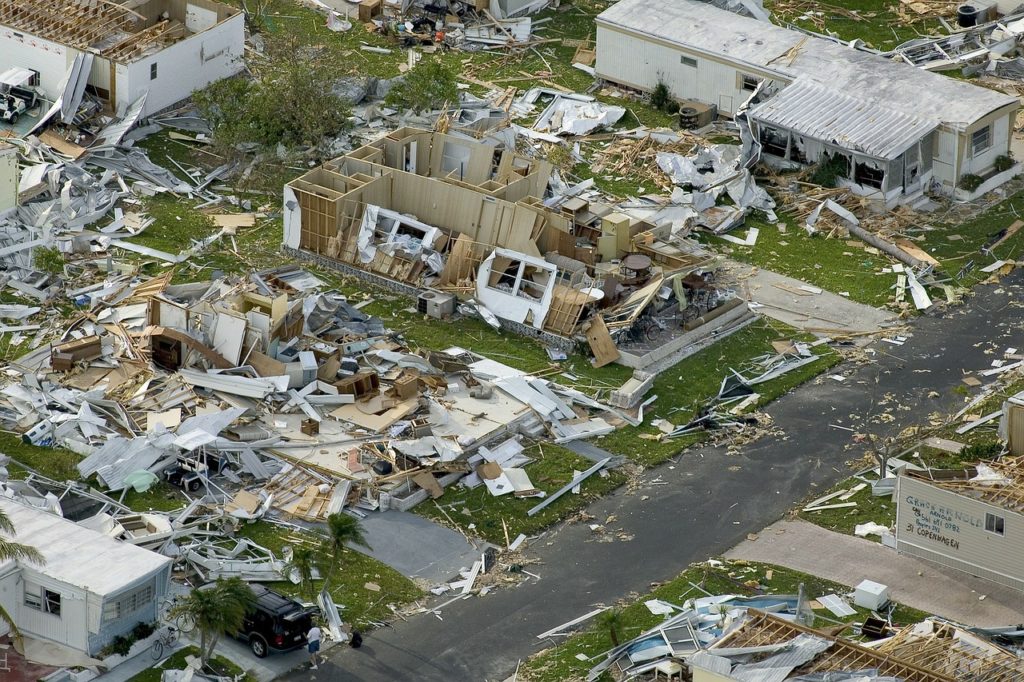
Coping with Natural Disasters
What are Natural Disasters?
Natural disasters are natural events with often tragic consequences. Earthquakes, volcanos, cyclones, fires, and floods are all natural hazards that can cause a disaster. In the United States, we are prone to many different kinds of natural disasters and recently we have seen the devastating effects of fires, cyclones, flood and most recently hurricanes.
Individuals respond to disasters in different ways. Some people evacuate, others take charge, whilst others ignore it and pretend it is not there, or that it is not as bad as it is. It is very important to understand the way a disaster may impact on you and the other people around you and to recognize that however you respond to a really stressful event, it is most likely a normal reaction.
How it affect young people?
In a time of crisis, the needs of teenagers can sometimes be overlooked, because often they don’t feel like talking about what is happening for them. A natural disaster can impact on all areas of young peoples lives, as well as the lives of their friends and family.
Some ways a disaster may affect you include:
- Physical – access to food and shelter, injuries sustained during the disaster or physical symptoms of emotional stress like headaches or nausea.
- Emotional – intense emotions like sadness, fear, guilt, depression or anxiety, grief over people and pets that are missing or belongings that have been lost.
- Cognitive – nightmares, trouble concentrating at school or repetitive thoughts.
- Spiritual – questioning your faith, beliefs or turning to God for help.
- Social – relationship troubles with mum and dad or your siblings, changes to friendships.
Even if young people haven’t been directly affected by the event itself the impact of a disaster can be felt seeing the impact that it has had on family and friends or through seeing news footage.

Many natural disasters are sudden and unpredictable, sometimes there is a forewarning that a disaster is on its way – like if a cyclone is expected to hit or you know that you live in an area where bushfires or flooding are common.
Before a Disaster
It is important to be aware of what young people should do in the case of an emergency and make preparations to ensure their house is as safe as possible. Parents or carers may take care of all this stuff for kids, but it might be worth discussing any concerns or ideas children have, that could help them to feel safer.
Immediately after a Disaster
Natural disasters are highly stressful events that can cause lots of damage. Often people can go into ‘survival’ mode and operate on the adrenalin that is created by the event. This can enable people to work for long periods of time, responding quickly to the needs of people around them, seemingly not needing sleep or food.
It is important to understand that it is not possible to operate like this forever, and eventually a disaster will take its toll. At such a time it is important to know how to manage stress levels even though it may seem like there is so much left to be done.
